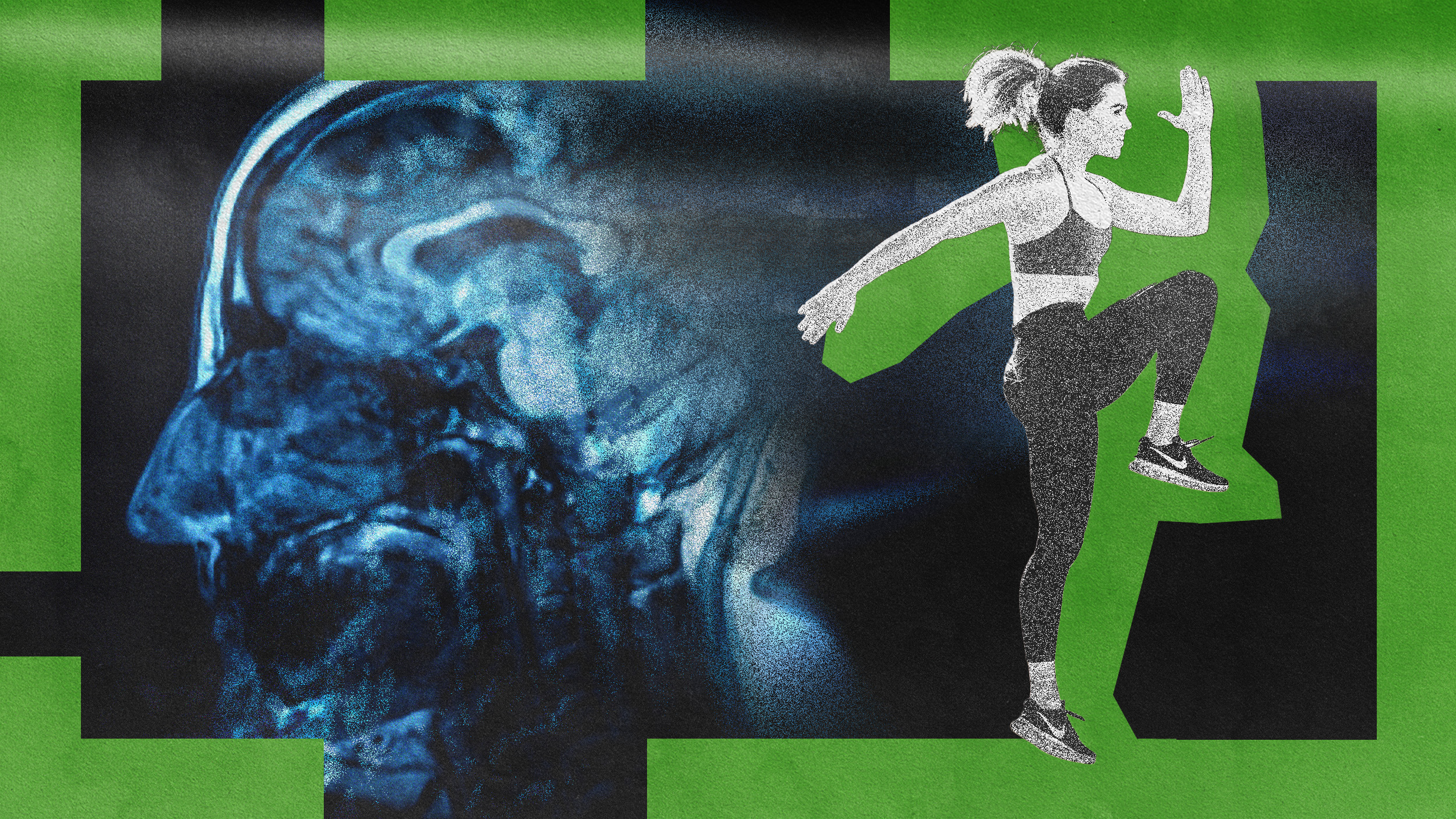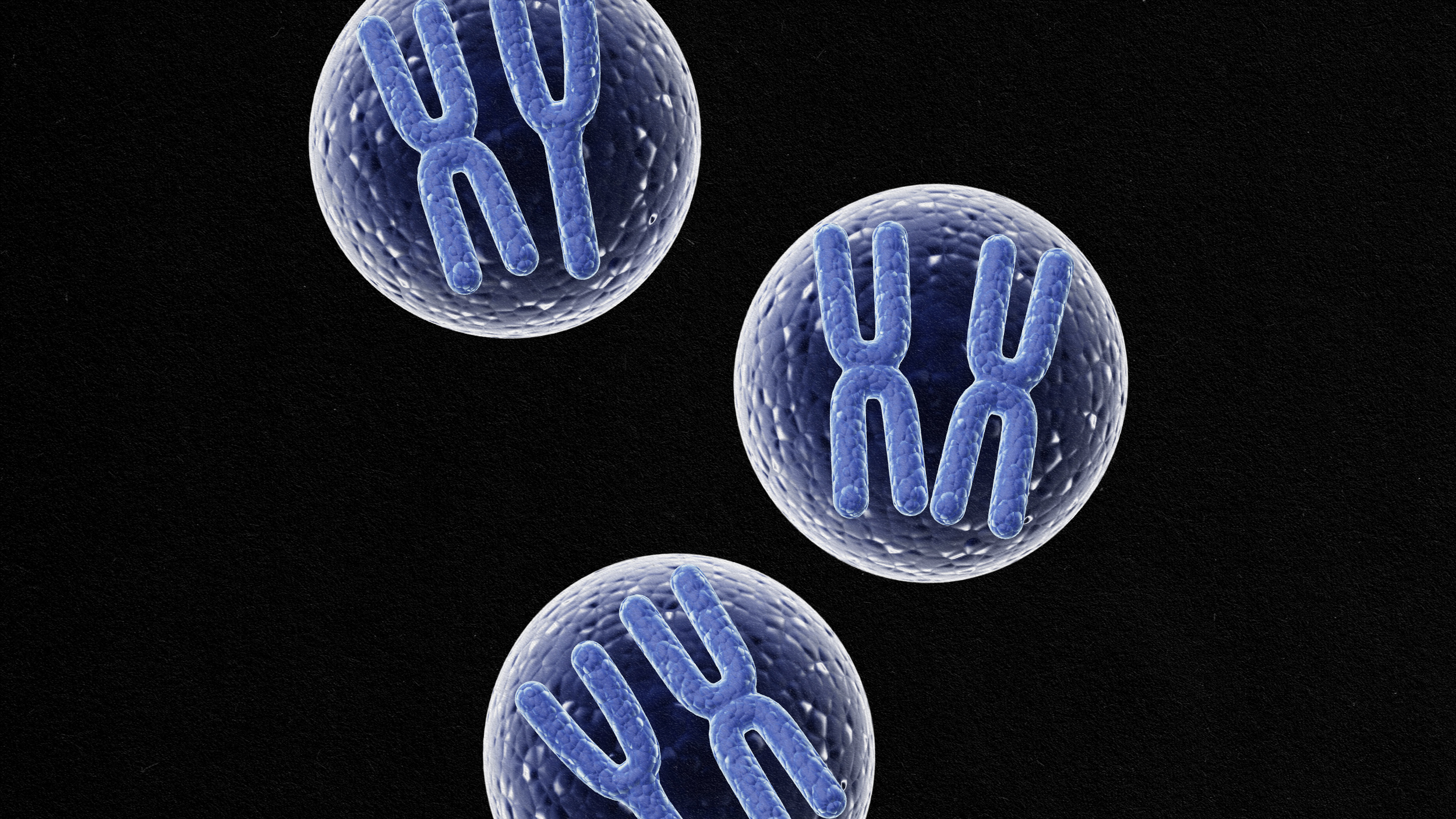Exercise produces irisin — irisin might prevent Alzheimer’s, researchers say

Photo credit: Bruce Mars on Unsplash
- Irisin, a hormone in the human body that is generated by muscle tissue and is carried throughout the body in the bloodstream, can play a part in Alzheimer’s onset and effects.
- In tests on mice, it has become clear that irisin plays a key part in memory and learning; the removal and subsequent adding back of the hormone showed dramatic changes in memory and learning.
- Researchers think a supplement including the hormone is not far off for those who have Alzheimer’s, to slow it down or even stop it.
Irisin is a hormone that is generate by muscle tissue, specifically from physical exercise; its effects on memory were studied recently, and scientists have seen a strong connection between irisin levels and what they call “synapse and memory fails.” People with Alzheimer’s have lower amounts of the hormone versus healthy individuals.
“We know that physical activity is linked to better brain health as we age, and this research highlights a biological mechanism that may contribute to this beneficial effect,” said Rosa Sancho of the charity Alzheimer’s Research UK.

Data from study. Image source: Nature Medicine
In mice where irisin was blocked, memory and learning deficits appeared; when it was restored later, this effect reversed itself. What that means for humans is this: Physical exercise will very likely help stave off Alzheimer’s. And going without it can cause its acceleration.
There already were dozens of reasons to leave that couch and get active, including research that suggests a larger belly means a shrinking brain, but this one could be a game-changer.
And for those of us who can’t exercise as much because of physical limitations, there might be hope as well, in the form of irisin injections or even oral supplements.

Dementia patients visit alpaca farm as therapy. Photo credit: Morris MacMatzen / Getty Images
From the study, which was published in the January installment of Nature Medicine:
Bolstering brain FNDC5/irisin levels, either pharmacologically or through exercise, may thus constitute a novel therapeutic strategy to protect and/or repair synapse function and prevent cognitive decline in Alzheimer’s disease.
Further studies and peer reviews will attempt to verify the findings.





